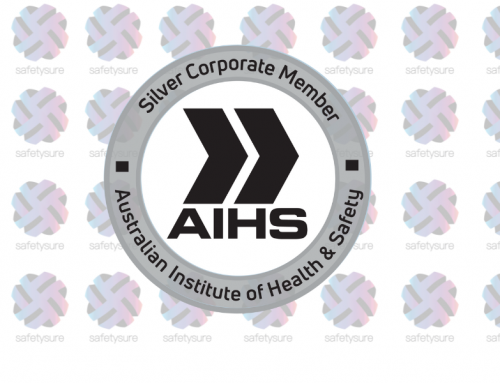It seems like it should be simple, but unfortunately we are more prone to accidents at working during the Christmas season. We take a look at some of the safety factors to keep of aware of this Christmas season.
Increased risks
While we say that work safety needs to be top-of-mind for every employee, every single day, history shows that in the lead up to the Christmas period we see more workplace accidents and incidents than many other times of the year.
Christmas can be a time of celebration and indulgence, or acute loneliness – all of which can be characterised by excessive consumption of alcohol. This can be highly problematic for people rostered to work over the holiday period, in terms of appropriately managing fatigue and their fitness for work more generally.
Perhaps the most significant stressor is that some sectors are currently subject to significant adjustment in response to challenging market conditions. The potential impact this has on people’s behaviour at work cannot be understated.
It only takes a moment, a momentary loss of control for something to go horribly wrong. It’s more important than ever to ensure that you re-enforce to your people that they do have the ability to stop if they’re unsure.
There is no job that’s worth taking a risk.
Drugs and alcohol
Drugs and alcohol not only affect a worker’s productivity, but also their attentiveness and ability to react and take action during an emergency. Operating plant and machinery and working with toxic or explosive substances while under the influence of drugs or alcohol pose a high risk.
A worker’s use of drugs or alcohol, whether casual, recreational or arising from a dependency, has the potential to create unacceptable safety risks for anyone working at your site.
Business owners have a responsibility to prevent workers, who may be under the influence of drugs and alcohol, from engaging in activities that could have lethal consequences for themselves, their co-workers and the public.
Fatigue
Fatigue is more than feeling tired and drowsy. In a work context, fatigue is mental and/or physical exhaustion that reduces your ability to perform your work safely and effectively.
Workers impaired by fatigue are less responsive to changing circumstances, leading to an increased likelihood of incidents. Everyone in the workplace has a duty to make sure fatigue does not create a risk to anyone’s health and safety.
Severe weather
There is a need to plan for severe weather events specifically fires, floods and heatwaves. Some of these events directly and indirectly impacted people’s business operations, demonstrating the need for business to plan for, and where necessary, conduct seasonal risk assessments to consider the type and likelihood of events that may affect their operation. The wide-ranging impacts of severe weather events should be considered in providing a safe workplace.
Mental Health
Mental health, just like physical health, is an important part of work health and safety. While there are many aspects in life that can lead to poor mental health, PCBUs have a responsibility to take a ‘reasonably practicable’ approach to create a safe, healthy and productive workplace.
Factors impacting workers’ mental health include anxiety, which can be intensified by chronic pain, physical illness, depression, stress, a previous mental health diagnosis, drug use and workload.
Businesses which adopt mental health programs achieve better outcomes with improvements in engagement, morale, productivity and employee satisfaction, while minimising the impact on absenteeism, presenteeism, long-term leaves of absence and workplace injuries.
For additional information and guidance material, visit these helpful links:
Heat stress
Heat stress is a very real threat to workers across a range of industries and we should be taking reasonable steps to manage the risk.
Read more Safetysure tips, advice and the latest news. or find out about our Work Safety Services







Leave A Comment